Best iPhone 2026 – which of Apple's current phones is for you?
Discover the best iPhone for you, whatever your budget

Mike Lowe
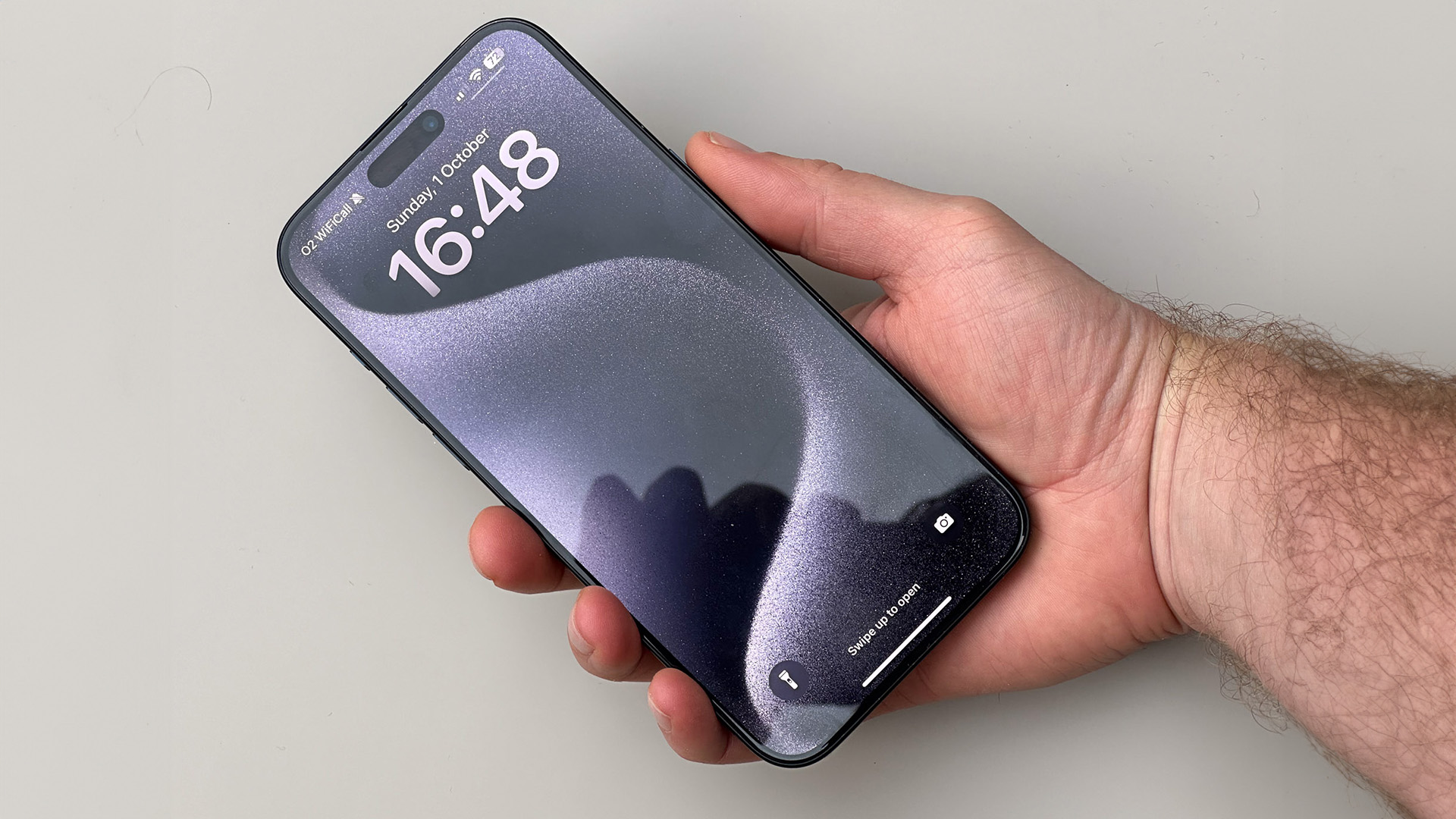
If you're looking for the best iPhone in 2026 and want no other brand in your pocket – none of the best Android phones to be seen here – then you've come to the right place. This is where all the current Apple iPhone models are compared, as rated and ranked by T3's expert team.
In this guide, we're largely focusing on the best iPhone models currently sold by Apple. You can still pick up older models on the second-hand and refurbished markets (which is ideal for those on a budget or headed back to school), so that's something else to bear in mind.
Beyond our iPhone coverage specifically, T3 also has a number of guides when it comes to the best phones. It may be that you're looking for the best compact phone, for example, or want the best cheap phone, and we can help either way.
T3's Top Picks
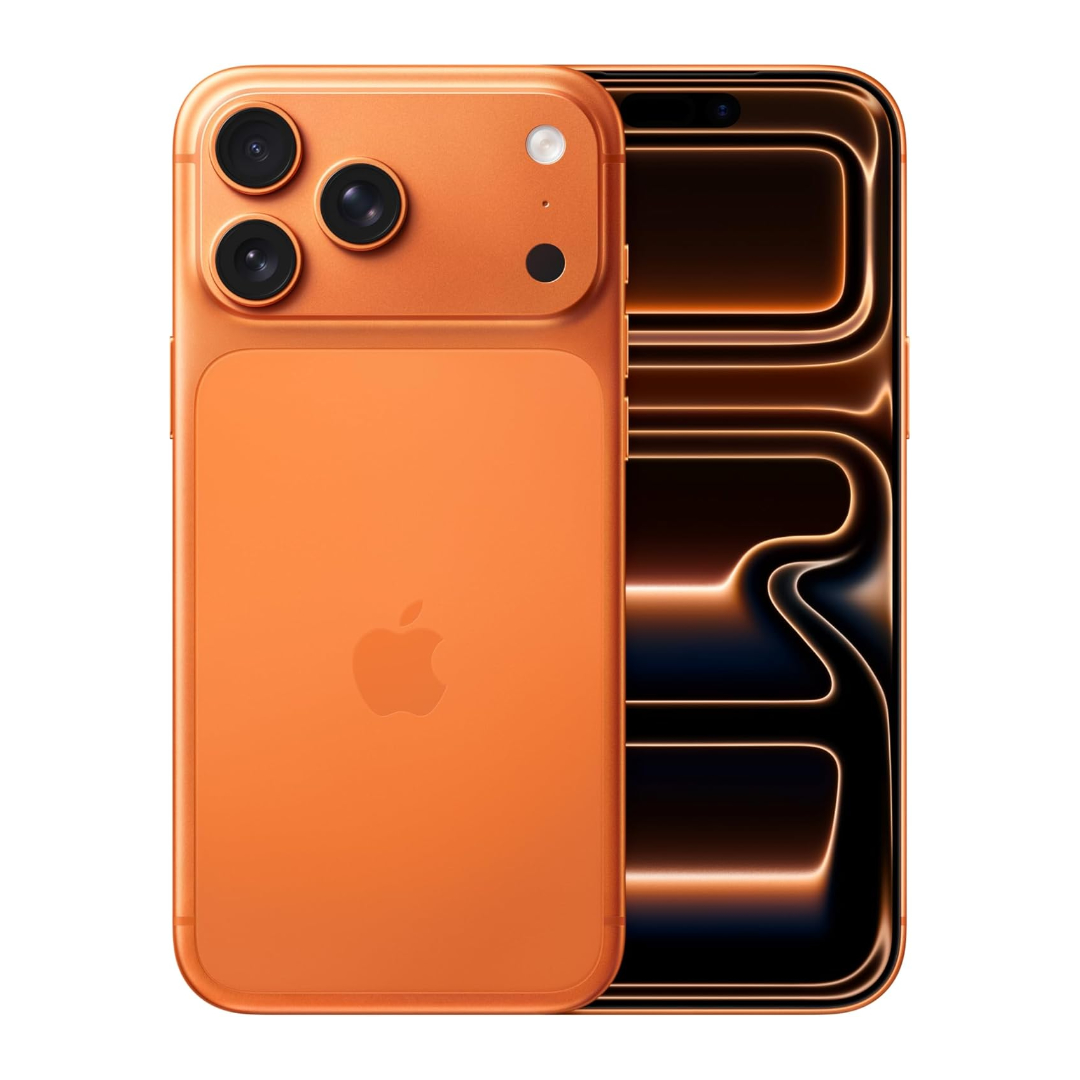
The ultimate Apple handset is the iPhone 17 Pro Max. If you're after a slice of everything that Apple has to offer, including latest Apple Intelligence and unbeatable cameras, then look no further: this is the top-tier option with the biggest display.
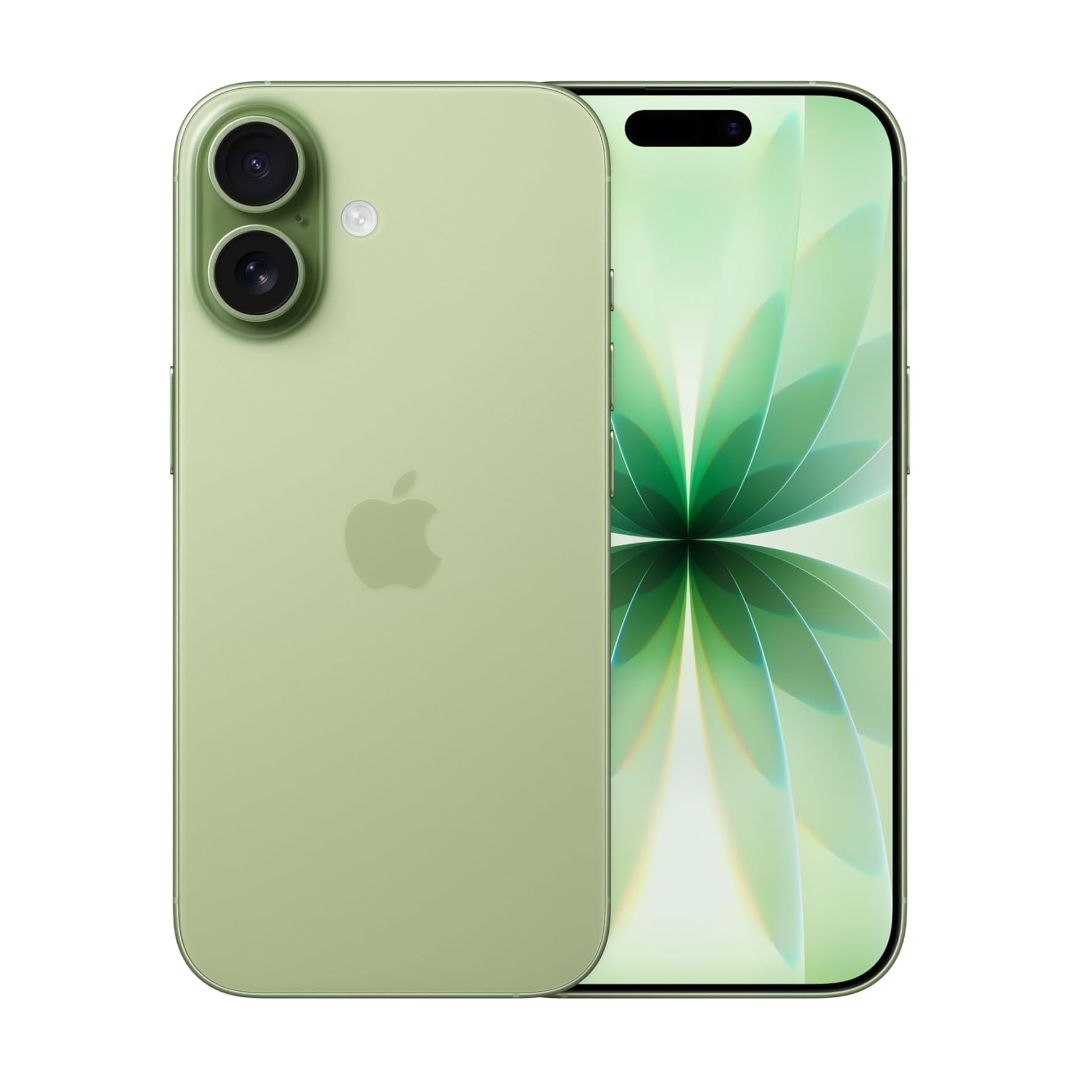
The best iPhone for most people is clearly the iPhone 17 right now. For the first time, it includes a ProMotion high refresh-rate screen, and its cameras are superb, making for the smallest gap to the Pro phones in years.
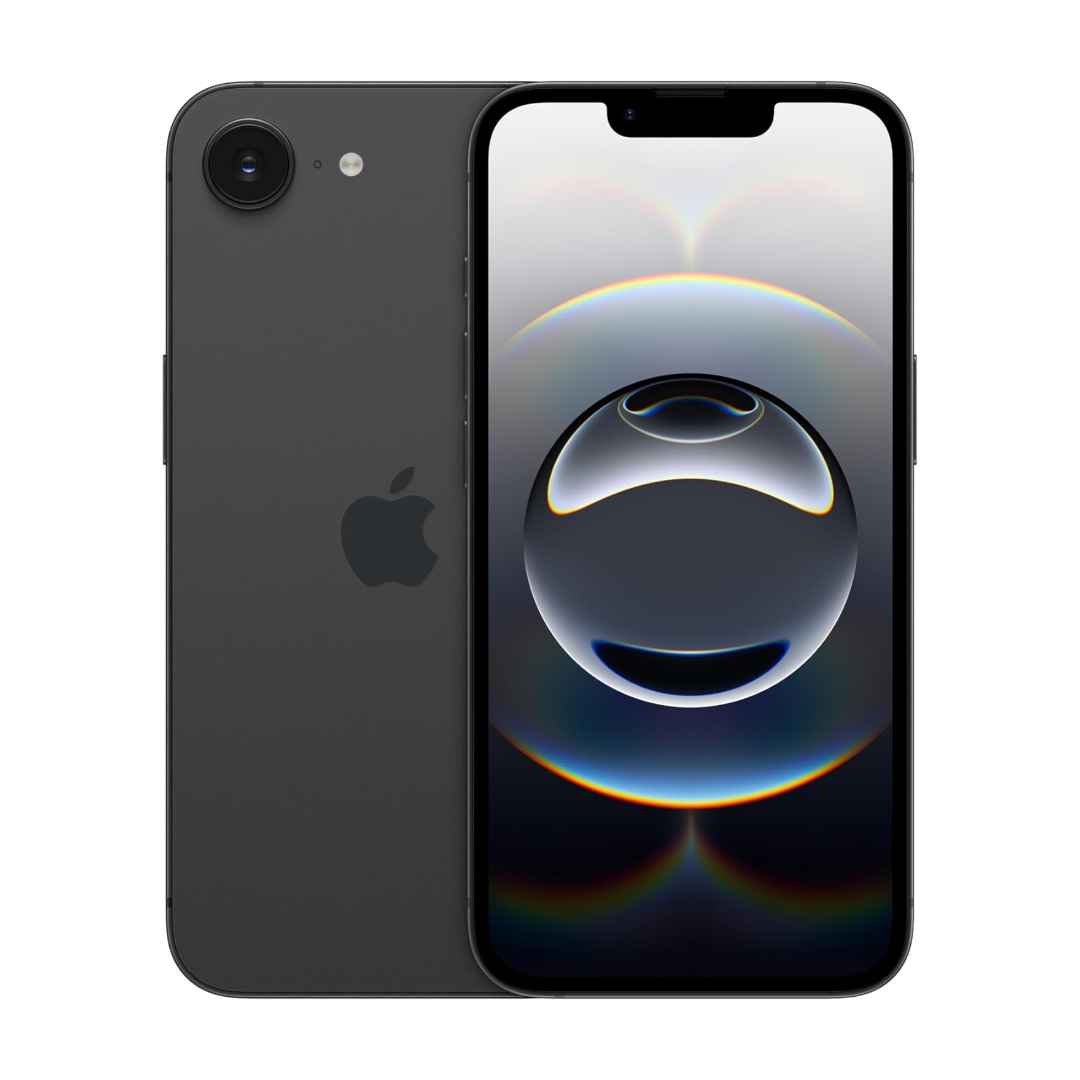
Apple ripped up its own rulebook with the iPhone 16e, bringing back the idea of a budget iPhone, and while that means some cut corners and missing features, it's still probably the best affordable iPhone without dipping into buying a used phone.

Max has been a dedicated iPhone user for a decade, which is just longer than he's been in tech journalism – giving him a wealth of experience to call on when it comes to judging which iPhones are best for which people.
Update 31 December: Refreshed for 2026. Update 14 October: Now that we've lived with them, I've completely refreshed this list to include the iPhone 17 family in full, and to add more context on things you should know while shopping for an iPhone.
The best iPhones we recommend in 2026
Best premium iPhone
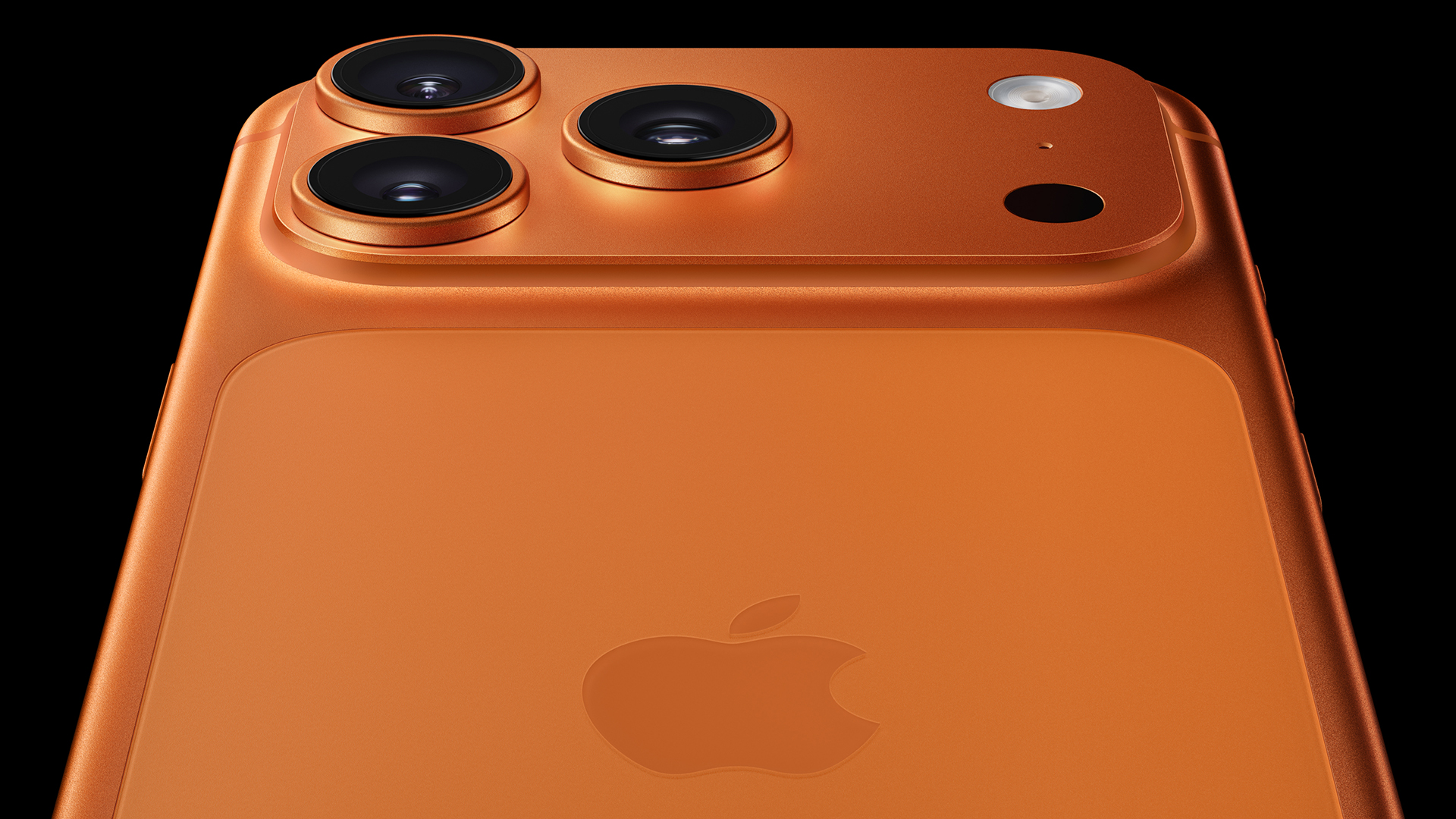
1. iPhone 17 Pro Max
Our expert review:
Specifications
Reasons to buy
Reasons to avoid
The iPhone 17 Pro Max is the flagship to beat right now, and it's the most powerful iPhone Apple has ever released. It's also the subject of a pretty major and very obvious aluminium-based redesign, with a huge new island housing its three rear cameras.
You still get a small slab of back glass to play with, and that contrasts nicely in the vibrant new orange colourway, but the real focus here is on the hardware. The three cameras are all 48MP sensors for the first time, making for arguably the best photography you can get from any phone.
It also has a huge battery and can easily last two days if you're careful, while the Apple Intelligence features keep piling up for more and more convenient options while you're using it. If you want the best phone Apple makes, and you're also a fan of bigger displays on your handsets, this is a no-brainer.
Best for most people
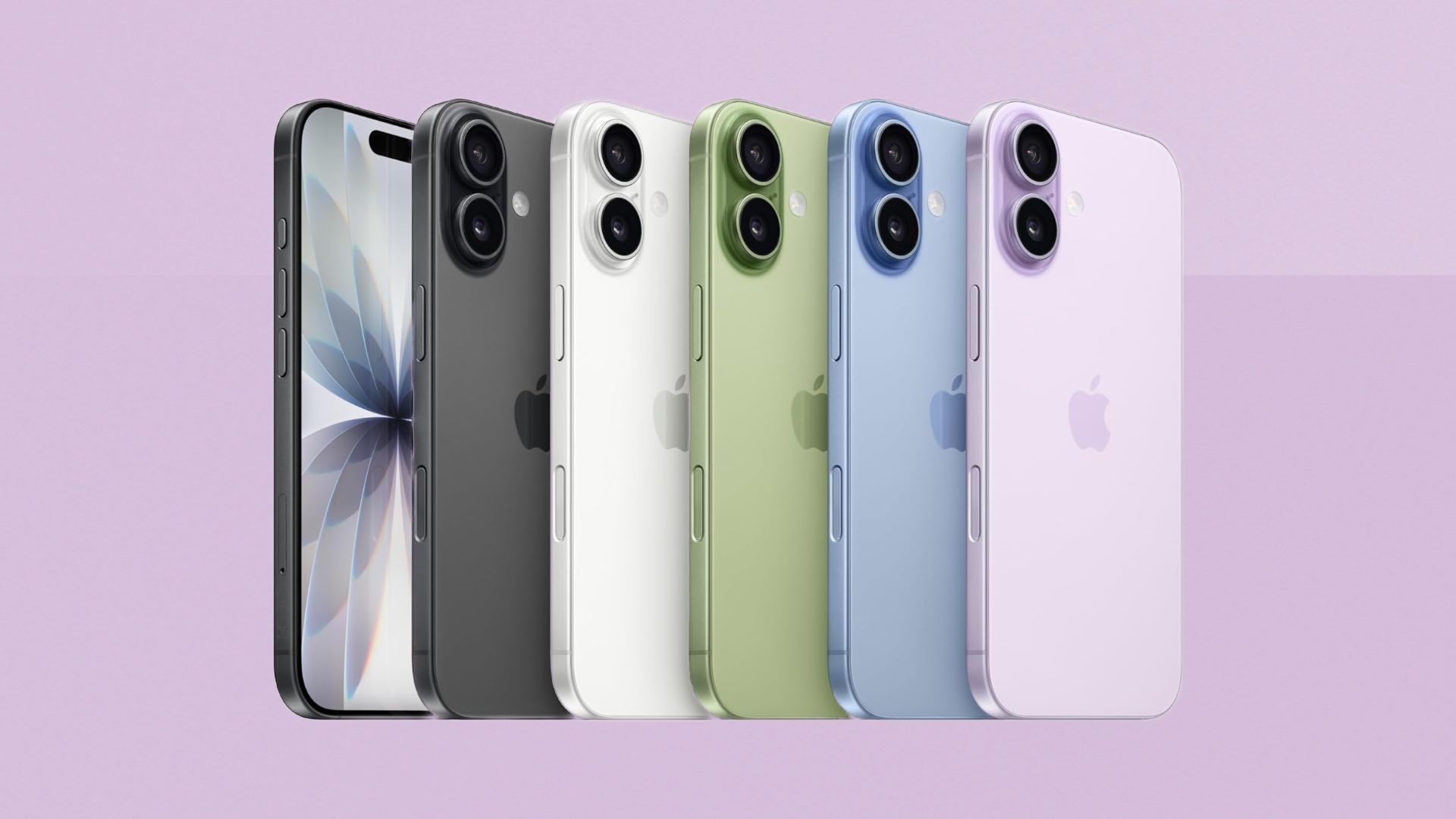
Specifications
Reasons to buy
Reasons to avoid
Pretty often, the basic iPhone launches with much less fanfare than its Pro siblings – but this year Apple might have secretly made the iPhone 17 its best deal by far. There are normally big gaps between the Pro and the standard iPhone, but this time around, that gap closed a lot.
The iPhone 17 has a super-powerful chip, like always, but now for the first time, it has ProMotion on its display, unlocking smoother refresh rates for a hugely upgraded feeling while you're using it.
Its cameras are also way better than the iPhone 16's, including the brilliant new Centre Stage selfie camera, again matching the Pro phones, and it has the Camera Control button too. There's almost nothing missing, really, and this looks like a brilliant iPhone to upgrade to if you're in need.
Best budget iPhone
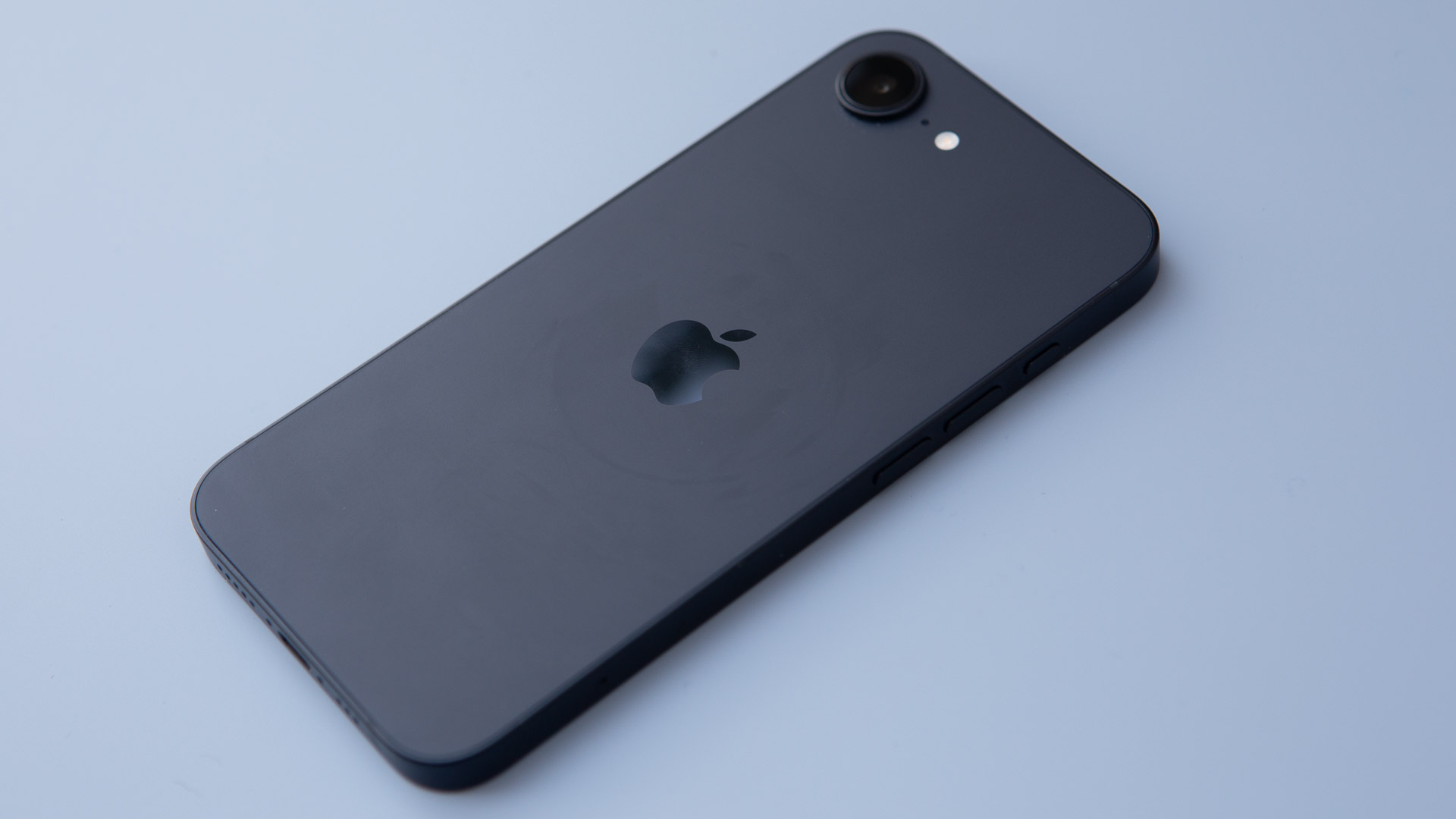
Specifications
Reasons to buy
Reasons to avoid
After years with just the 2022 iPhone SE to offer, Apple finally gave us a new affordable iPhone, and the iPhone 16e is quite a big departure from its previous work. It's basically an iPhone cobbled together from other more expensive options, but that means it's quite a good affordable pick moving forward.
You get a great, recent chip that can work really efficiently, and a design that looks really quite slick. The main compromises are on the slightly less fancy display compared to the iPhone 17 range, and a single-camera system that lacks some flexibility.
If you don't think you'll miss the ultrawide lens, though, then we don't think you'll exactly feel shortchanged, and the iPhone 16e gets you a huge amount of the way towards the flagship iPhone experience at a much lower price, making it a bit of a winner.
Best smaller premium
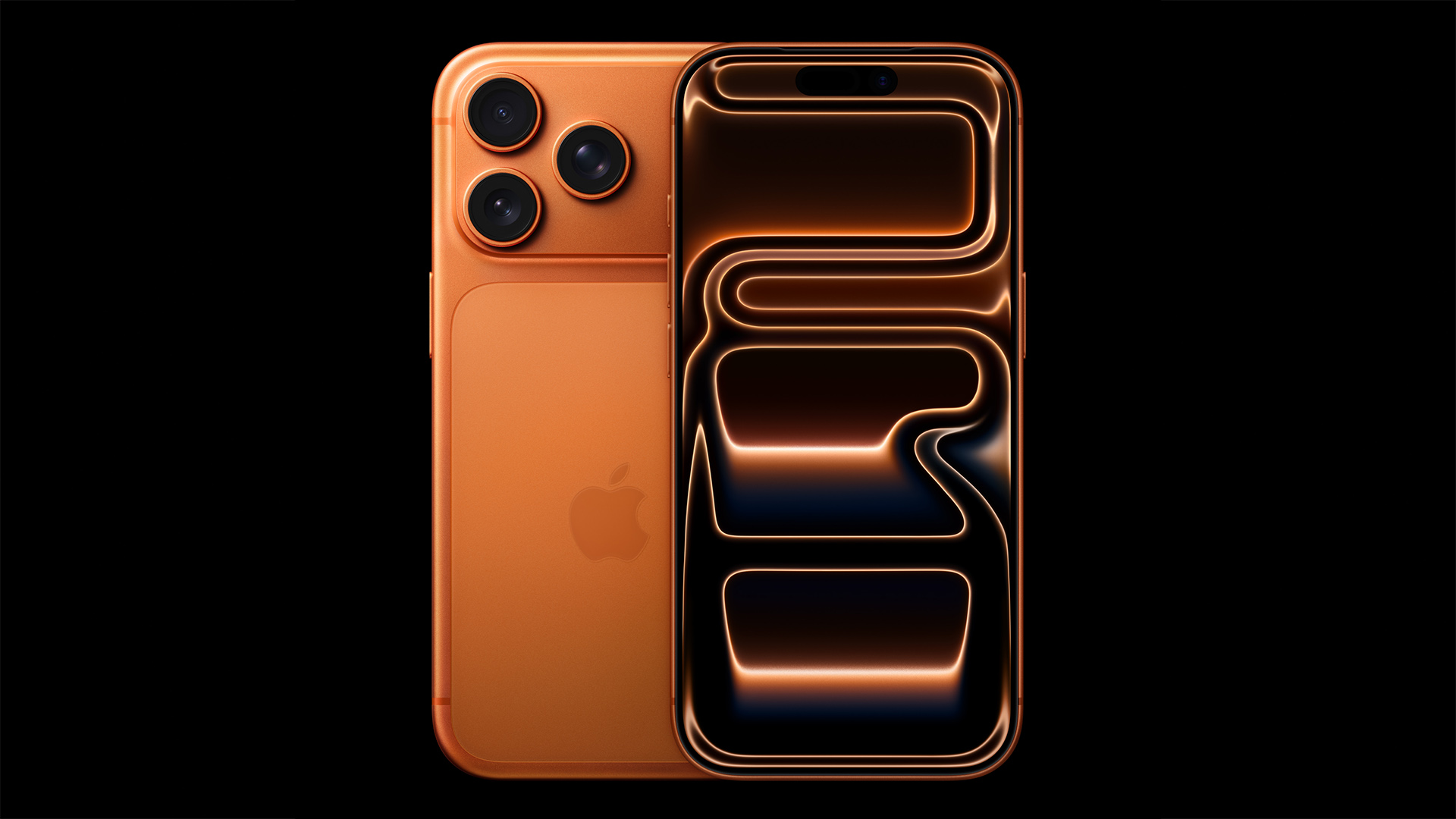
4. iPhone 17 Pro
Specifications
It's pretty clear from sales data and the way accessory-makers stock their wares that the best-selling iPhone is the Pro Max supersized version, but for those who don't want such a big display, there's a lot to be said for the smaller Pro model, in this case the 17 Pro.
It has all the same power, but trades down to a slightly smaller display and battery to be more pocketable. That means you still get all the camera upgrades and that new design, complete with the biggest camera bump Apple's ever made. It's a total powerhouse of a phone, in fact, with superb battery life and as much power as a laptop could have dreamed of a decade ago.
It's premium in price as a result, but should be more durable and repairable than ever thanks to an upgraded Ceramic Shield 2 coating on the screen – this is a powerhouse in a smaller body.
Best super-thin iPhone
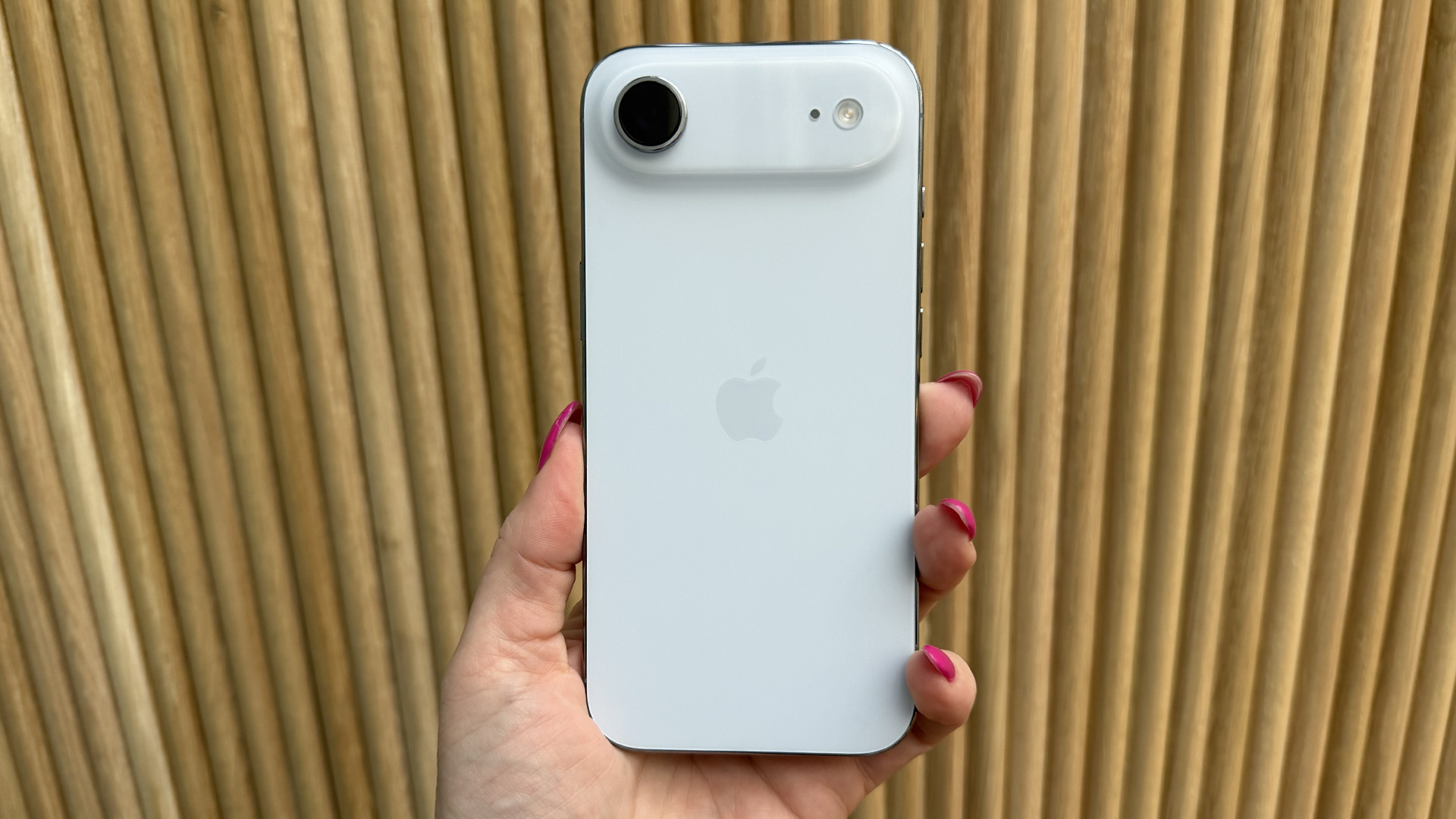
Specifications
Reasons to buy
Reasons to avoid
The iPhone Air is a little bit of a hard sell if you're into specs – it can't really claim to be the best iPhone from a power perspective, or indeed from a camera point of view, but that's not why you buy it. You buy it because it's the thinnest iPhone ever, and one of the most gorgeous phones on the whole market.
Apple set itself the challenge to make as thin a phone as it could, and delivered in stunning fashion. Holding the iPhone Air (which has no numeral to suggest annual releases) is an experience in and of itself, and you can tell that it's made properly.
You still get a lovely 6.5-inch screen to enjoy, and the A19 Pro on board means it's no slouch, but it gets hot, doesn't have stereo speakers, can't match most iPhone 17s for battery life and is pricy – making it a niche proposition that we still couldn't ignore.
How to choose the best iPhone for you
If you're in the middle of deliberating about what iPhone you think will work best for you, the following sections should help you narrow things down. They're some helpful prompts and questions to ask yourself, as well as some straightforward buying advice.
Pick a budget
Look, I'll accept that this applies to almost any big tech purchasing decision, but knowing your budget is key before picking up a new iPhone. Whether you calculate this in terms of monthly costs, if you're going for a phone contract, or an overall price if you're buying it outright is up to you.
So, since there's a pretty huge difference between the price of a top-end Pro Max model and a lower-scale "e" version of an iPhone, work out your numbers and start from there to ensure you don't get carried away shooting for a phone you can't actually afford.
How much phone photography do you do?
Now that even the base iPhone 17 has a tremendous, ProMotion display, the gap between iPhone Pro models and the rest has shrunk even further, and the cameras on offer are now the biggest difference.
Anyone choosing between these two ranks of phone needs to think about (and perhaps actually research) how many photos they take in a given week on their phone. If it's only a handful, then you're almost certainly fine with the base iPhone or even the "e" or "Air" models, which have just a single camera.
Those who take way more shots, though, and who shoot a lot of video as well, might find that they get a lot of value from the Pro phones, which have triple camera setups of superb quality, and produce incredibly impressive photos and clips.
FAQs
Do iPhones all use the same software
For the purposes of this guide, since we're not aiming to help you find a used phone or a bit of hidden value from years ago, we're largely sticking to iPhones released in the last year or two, which simplifies things.
All iPhones run on Apple's in-house operating system, iOS, but the versions that they support out of the box do vary. Generally, iPhones get upgrades for a number of years after they release, to ensure that you can run the latest software, but this will eventually stop.
To know which version of iOS an iPhone comes loaded with, check the store listing before you buy it – and the same goes for which versions it can be updated to after you open it.
What chargers do iPhones use?
A few years ago, this would be a more complicated question than it is today. Apple, under duress by the EU, has now fully adopted the USB-C standard as its charging cable for iPhones, and the Lightning cable is no longer used.
Again, if you buy an older used iPhone you might find that it needs a Lightning cable to charge, but we're focused on newer models and can therefore confirm that every phone featured on this list uses USB-C.
They nearly all have MagSafe wireless charging, too – except for the iPhone 16e, which sadly doesn't include this excellent and secure standard. It still has wireless charging, but no magnetic seal.
How we test
There's a lot to consider when reviewing one of today's best phones, which includes iPhones! Much of it is comparing models in the range, judging these for suitability for different users, and comparing old models with new ones as value propositions.
We judge iPhones from a build quality and fit and finish point of view, of course, given the different materials used. Then we judge hardware and what difference that makes in day-to-day use.
We assess specific feature highlights per handset, plus the camera system's offering. We always use iPhones as if they're our own handsets, to gain a good judgement of these systems, battery life and software.
Only then do we award a score to a phone, with 5 stars being the highest rank any product can get. And a lot of iPhones hit this lofty height, given just how renowned and capable they are!
Find out more about our wider testing standards by checking out our dedicated How We Test page here.
Reviewer panel

Mat's the head honcho here at T3, but that hasn't stopped him from also testing a huge range of Apple tech as our resident guru for the brand. He's had his hands on every iPhone on this list, and has reviewed many of them, with his feedback being crucial to forming this list.
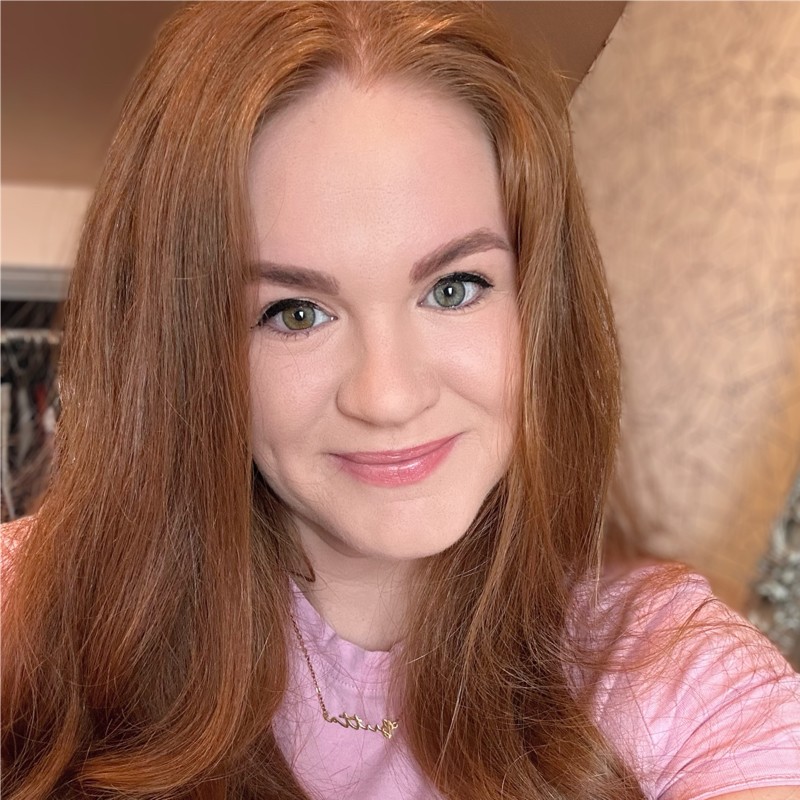
Britta is a freelance tech journalist with years of experience, and has been testing Apple products for many of those years. She's chipped in with expertise many times for T3, and always has things to say about the year's big iPhone releases.
Get all the latest news, reviews, deals and buying guides on gorgeous tech, home and active products from the T3 experts

Max is T3's Staff Writer for the Tech section – with years of experience reporting on tech and entertainment. He's also a gaming expert, both with the games themselves and in testing accessories and consoles, having previously flexed that expertise at Pocket-lint as a features editor.
- Mike LoweTech Editor